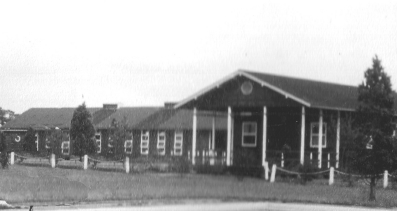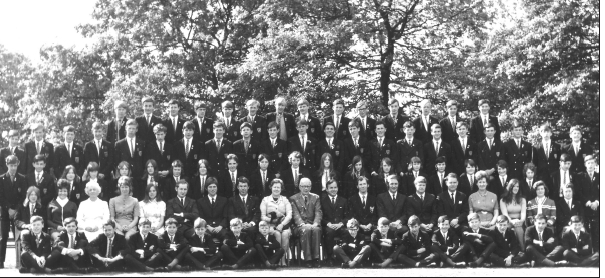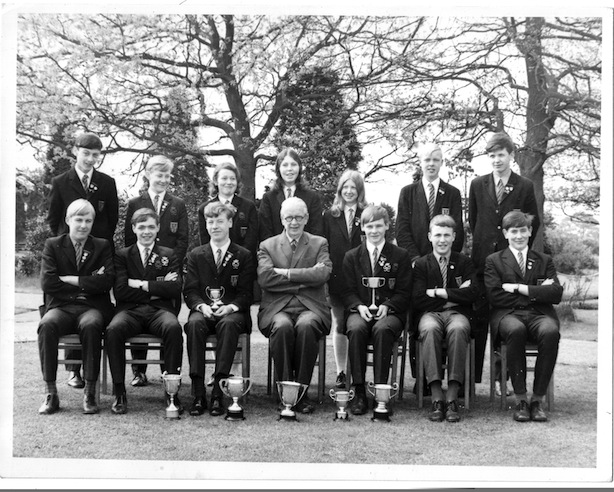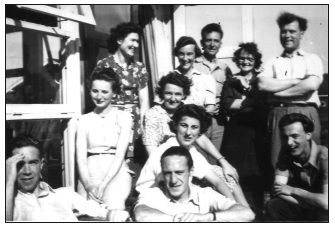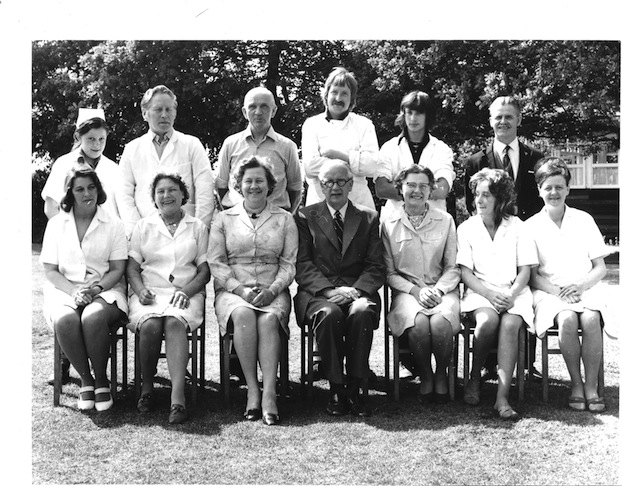And rural retreat Marton certainly was when the wooden-hutted, typical army-style camp was erected almost overnight at the end of Donkey Lane (Sandy Lane) in a little district christened by the McFall farming family over a century before as ‘Nova Scotia’ (New Scotland), to remind them of their ancestral homeland. Of course there had been an ulterior motive in government thinking as camps like Marton would be ideally placed to house evacuees in the event of war, and so it came about… more quickly than anyone had envisaged. From early 1940 until near the end of hostilities, Marton Camp housed At this time thousands of evacuees found their way into the Cheshire countryside and the wider Mid Cheshire community played its part. It was a traumatic time for the children leaving their homes and their parents and an extract is worth quoting from the account of one girl who eas sent to the area: ‘Perhaps we’ll never see our mam and dad again. Why didn’t they come to say goodbye, why didn’t they tell us about it this morning? When we got to our destination a lady told us we were not expected for another week, so we would have to wait until they found us a billet. What was a billet? Perhaps in this country we have come to they call a bullet a billet. Well, whoever they are, they’re not going to shoot us with a billet!’ At least at Marton the evacuees were not confused by Cheshire posh talk as the camp, with its school and accommodation, was self-contained and staffed by their own teachers from Liverpool. For several years the huts then stood empty until 1955 when the camp was taken over by Northumberland County Council for use as a residential, mixed secondary modern school for thirteen to fifteen-year-olds. It was a long way from Northumberland but there was no shortage of parents wishing to send their children to what amounted to a county council-sponsored boarding school.
As one former member of staff remarked: ‘Before local government reorganization in 1974 Northumberland was one of the largest rural counties in the UK and children from some of the remote areas were unable to travel daily to the secondary modern schools, so a boarding school was a practical solution.’ Such was the initial success that Northumberland purchased the camp from Cheshire and until closure, in 1976, it was a thriving and popular educational establishment, often with upwards of two-hundred students under the headships of Mr Weymouth Wash and later Mr John Waite. Military-style discipline, strict but fair, was a cornerstone of the school which also incorporated its own small farm, with cattle, pigs and hens, on twelve acres of accompanying land. The school also had a cinema and villagers were often invited to watch a film and many also remember the Sunday ritual when the students, led by Mr Waite, marched to morning service at Whitegate Church. Following Northumberland’s closure in 1976 Marton Camp had a chequered history. It was taken over for a while by the Bryn Alyn Trust. In the early 1980s the camp provided recreational facilities for employees of ICL, Winsford, and was then transformed into a country club under Messrs Alan Galley and Alf Cooke. When that particular venture fizzled out the buildings were demolished and the site is now a small,very upmarket housing estate. |
